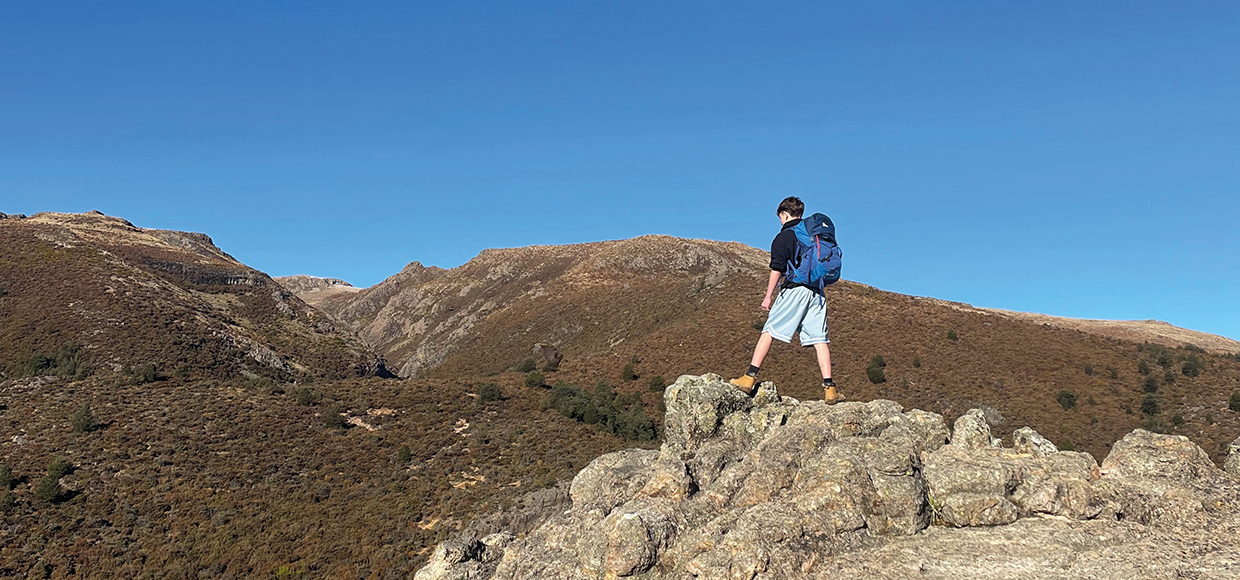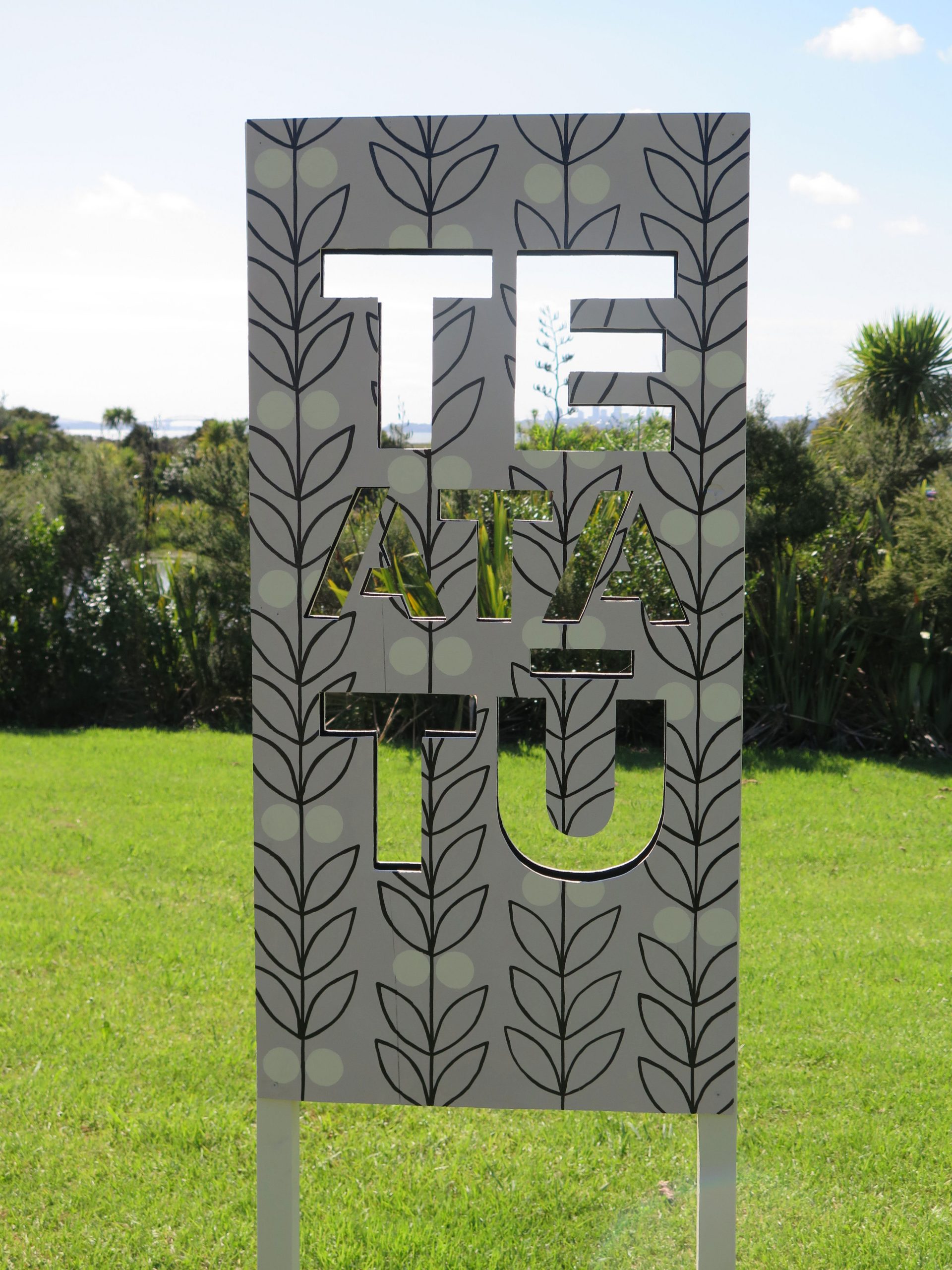This World Environment Day, Rachel Brown, ONZM, is urging New Zealanders to be more sustainable.
As Chief Executive Officer of the Sustainable Business Network and judge for the James Dyson Award for 2020, Rachel says that Covid-19 has provided a unique opportunity for New Zealand to implement more sustainable practices – particularly for businesses.
“Gone are the days when sustainability was considered optional for businesses in New Zealand. In New Zealand, public awareness and care is high and we expect businesses to look seriously at everything they do, from their carbon footprint to packaging options to formulation to how they care for their staff.”
“This is a very difficult time for business but for those who are resilient, now absolutely IS the time for a reflection and then a rebuild. Many businesses have frankly been operating unsustainable models for too long. Now is the time to create a business model that supports a fairer system for people and one that regenerates our natural systems. Addresses waste, climate and water too ideally!” explains Rachel.
She adds that our adoption of online tools like Zoom has also had a huge impact environmentally.
“We learnt a lot of new patterns during Covid, one of them was to embrace technology. So the first thing is to continue doing that – less travel, both in cars and planes” she says.

Rachel BrownRachel’s role as a judge for the James Dyson Award is more important than ever, as 2020 was the first time that an additional $55,000 grand prize was introduced for the best sustainability entry. This could be through its materials, design process, methods of manufacture, or even the solution to the invention itself.
“Sustainability is something I have been championing and advocating locally for a very long time so I was pleased to hear that the Award this year included a specific Sustainability grand prize and encourages more of a focus on sustainable design,” Rachel explains.
“I’m looking for creative ideas and designs that identify current challenges or problems and offer a solution through a lens of sustainability, like last year’s global winner Lucy Hughes who created MarinaTex – a bioplastic from fish waste.”
You can find out more about the James Dyson Award here.





